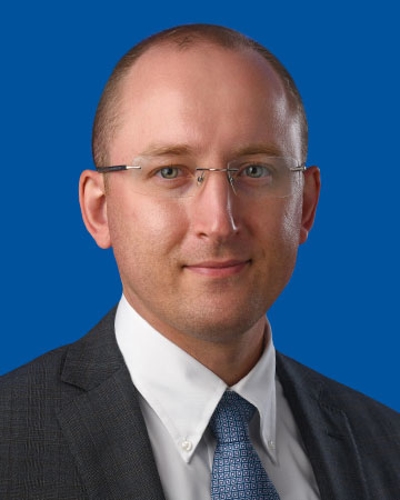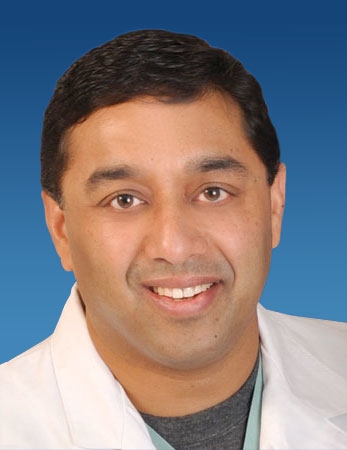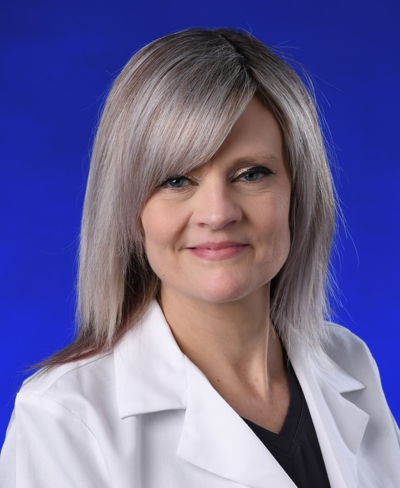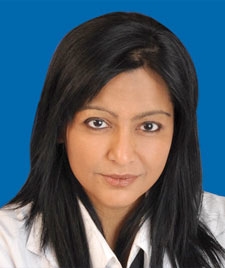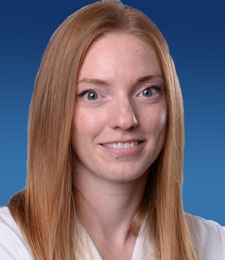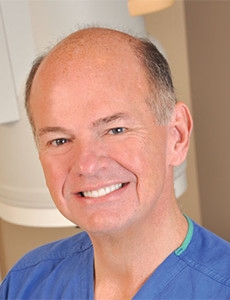Headache Clinic

Almost everyone suffers from headaches at some point, usually due to tension or perhaps a mild illness like a cold. There are more than 150 diagnostic categories of headaches. The most commonly diagnosed primary headaches fall into four categories: tension-type headache (TTH); cluster; mixed; and migraine.
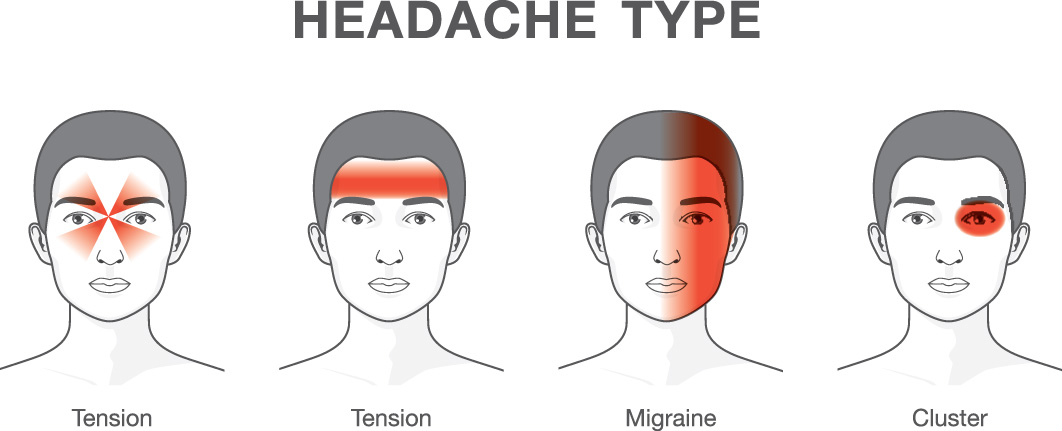
Tension-type headaches are the most common. About one-third of men and one-half of women worldwide have experienced a TTH. Cluster headaches are the most severe form of headache and may occur in episodes lasting days, weeks or months. Cluster headaches tend to go away after a time, only to return weeks, months or even years later. Mixed headaches, also called transformed headaches, have characteristics of both TTH and migraine. In a mixed headache, the migraine comes first and causes the tension headache.
Migraines are the second most frequently diagnosed, affecting about one in every seven adults worldwide. They are three times more common in women than men, a difference that is attributed to hormonal fluctuations. A migraine is an intense, throbbing headache that may be accompanied by nausea or dizziness. Lasting anywhere from hours to days, a migraine can cause excruciating pain.
If you suffer from chronic headaches – occurring 15 or more days per month and lasting four or more hours each time – you know how debilitating the condition can be. Chronic headache interferes with every aspect of your life – with overall health, school, work, recreation and family time being affected. It’s estimated that more than 3 million Americans suffer from chronic headache.
There are a variety of medications used to treat headaches, and many find relief from these treatments. In general, these strategies focus on treating headaches once they start, or when the patient first begins to experience warning signs. People who experience headaches regularly may also take medications such as beta blockers or antihistamines, which can reduce the frequency and severity of the headaches. For some patients the available medications don't work well or have side effects that are unacceptable.
When available treatments fail to adequately control chronic headache, King’s Daughters Headache Clinic may be able to help. The Headache Clinic works with primary care providers to offer solutions to patients who suffer from headaches that don’t respond to initial medications.
During the initial visit, the provider discusses the patient’s symptoms and location of headaches to diagnose the type of headache. There are many new, promising treatment options for headaches and treatments are individualized based on the patient’s needs. King’s Daughters Headache Clinic requires provider referral. For more information about the Headache Clinic at King’s Daughters, please call (606) 408-2820.

